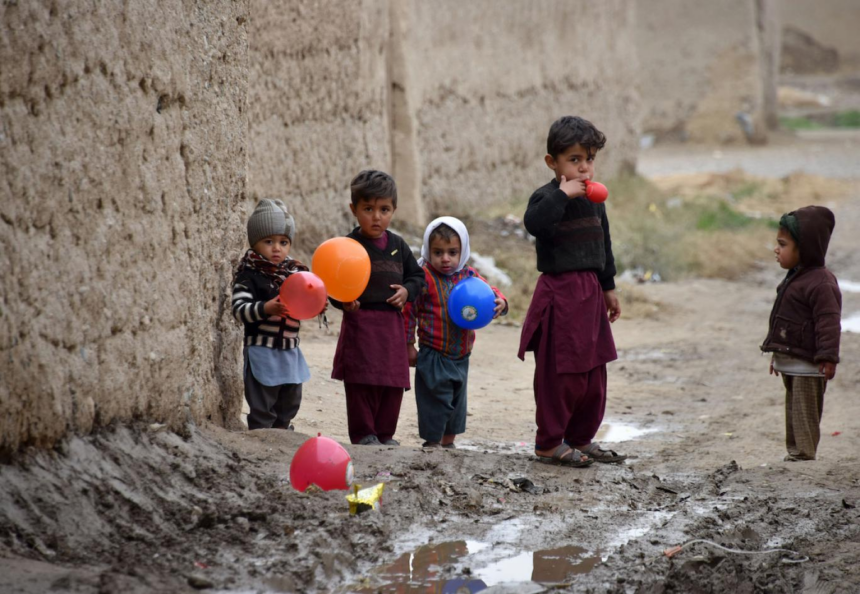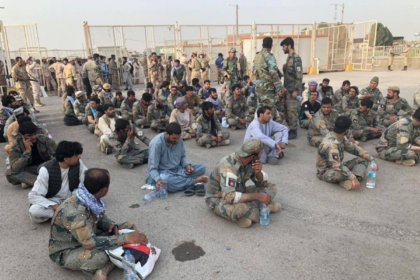RASC News Agency: The Global Hunger Index (GHI), in its most recent report, underscores a troubling rise in stunting among Afghanistani children under the age of five, placing the country alongside Nigeria in the rankings for significant increases in this indicator. According to the report, 44.6% of Afghanistani children under five years are stunted, meaning they are notably shorter for their age due to acute malnutrition, an outcome of prolonged food insecurity and inadequate nutrition.
Afghanistan currently ranks 116th out of 127 nations on the 2024 GHI, with a score of 30.8, categorizing the nation under the “serious” level of hunger. The report further reveals that 30.8% of the population suffers from malnutrition. This dire state has been attributed to factors such as ongoing conflict, persistent economic instability, and natural disasters that have hampered both agricultural production and the delivery of aid.
Additionally, the report notes that 3.8% of children under five years are underweight, and 5.8% die before reaching their fifth birthday. Since 2016, Afghanistan’s GHI score has worsened, primarily due to the rising prevalence of hunger. As food shortages deepen, Afghanistani families are being forced to adopt extreme measures in their efforts to survive. Globally, the progress toward reducing hunger has been minimal since 2016, with the likelihood of achieving the “zero hunger” target by 2030 appearing increasingly remote.
The 2024 GHI score, set at 18.3, shows a slight decline from the 2016 figure, yet it underscores the persistence of global challenges that continue to disproportionately impact the world’s poorest countries. These challenges include large-scale armed conflicts, exacerbated climate change effects, soaring domestic food prices, market disruptions, and heavy debt burdens on low- and middle-income countries.
Conflicts such as those in Gaza and Sudan are contributing to the looming threat of famine globally, leading to exceptional food crises. Internal conflicts in nations like the Democratic Republic of Congo, Haiti, Mali, and Syria have also heightened food insecurity. The GHI highlights that gender discrimination and the violation of the right to food further drive hunger in several nations.
To combat this crisis, the GHI advocates for enhanced accountability, strict adherence to international food access laws, the eradication of gender-based discrimination, timely interventions to address economic shocks, and efforts to mitigate the impact of climate change. The report also calls for empowering vulnerable communities and ensuring an equitable distribution of public resources as essential strategies in the global fight against hunger.






